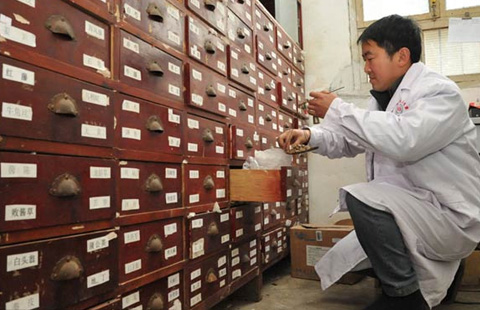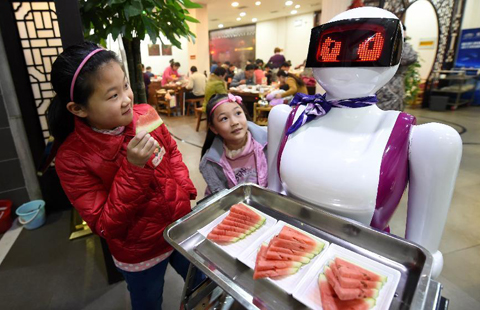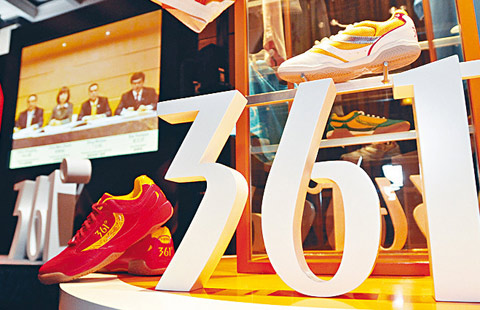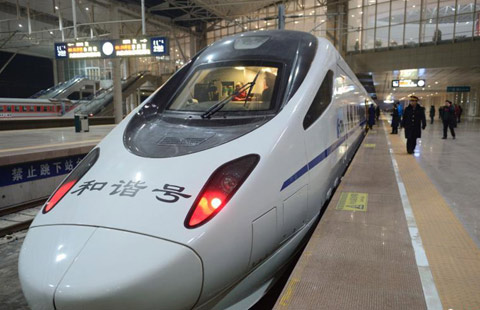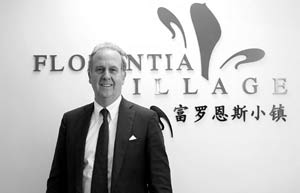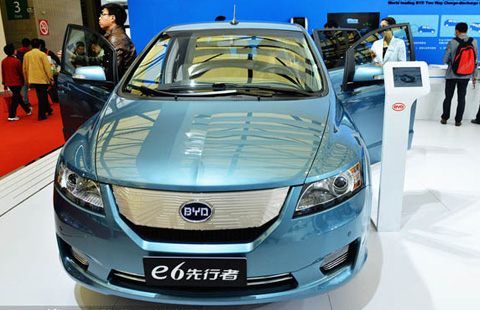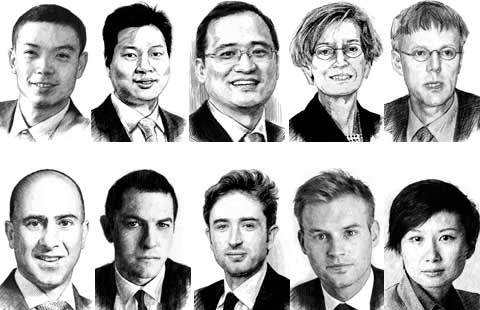Toyota ends freeze on expansion, looks at three new plants
(Agencies) Updated: 2015-01-13 14:11Capacity concerns
Toyota's top decision-makers, including president Akio Toyoda, decided earlier this month to lift the three-year freeze on new capacity expansion, people familiar with the decision said. The freeze was supposed to expire at the end of the year ending March 2016.
Toyota spokesman Ryo Sakai said Toyota over the past few years has been focusing on squeezing maximum production from the company's existing factories around the world, as well as improving quality.
"If demand exceeds capacity after we have exhausted all avenues to maximize the capacity of our existing plants, then we will consider increasing capacity," Sakai said. "We have made no decisions at this time."
Toyoda, 58, took charge in 2009 of the company founded nearly 80 years ago by his grandfather. Toyota's decision to lift the expansion ban follows a last-minute review at the end of last year of plans to add new production capacity in Mexico and presumably China. Momentum had been building for a decision last summer on the expansion, but Toyoda then asked the team to "re-examine" the project, the people said.
Toyoda at the time was especially concerned whether the company had exhausted all the existing manufacturing capacity before deciding to add new assemblies.
That agonizing over expansion reflects Toyoda's fear of repeating mistakes made in the 2000s by the former management team led by his predecessor, Katsuaki Watanabe. That team added more capacity than the company could digest and ended up with excess and under-utilized capacity, an issue compounded by a global economic downturn in 2009.
Company officials cautioned that adding new assembly lines in Mexico and China could be offset as Toyota renovates or closes older factories as part of an overhaul of its production systems.
In Mexico, the new plant would be Toyota's second. The company already has a pickup truck plant in the northwestern Mexican state of Baja California, capable of producing 63,000 Tacoma vehicles a year, but does not have any capacity for passenger cars.
In China, sales growth has slowed significantly for Toyota in part because of the fallout from a territorial spat that turned Chinese consumers against Japanese goods. But the company still needs new capacity in the medium to longer term as China's demand for automobiles is expected to expand, the four executives said.
Toyota currently operates a total of eight assembly lines in China and is capable of producing nearly 1 million vehicles a year.
- Stock market to see three-year bull run
- Aston Martin China names new president
- Local State firms face credit risk
- Mobile Internet shakes up taxi industry and more
- Shengjing Global Innovation Awards 2015 launches in Beijing
- Refineries face brunt of tax rise
- Busy week for market as 22 companies set to raise funds
- Toyota ends freeze on expansion, looks at three new plants
